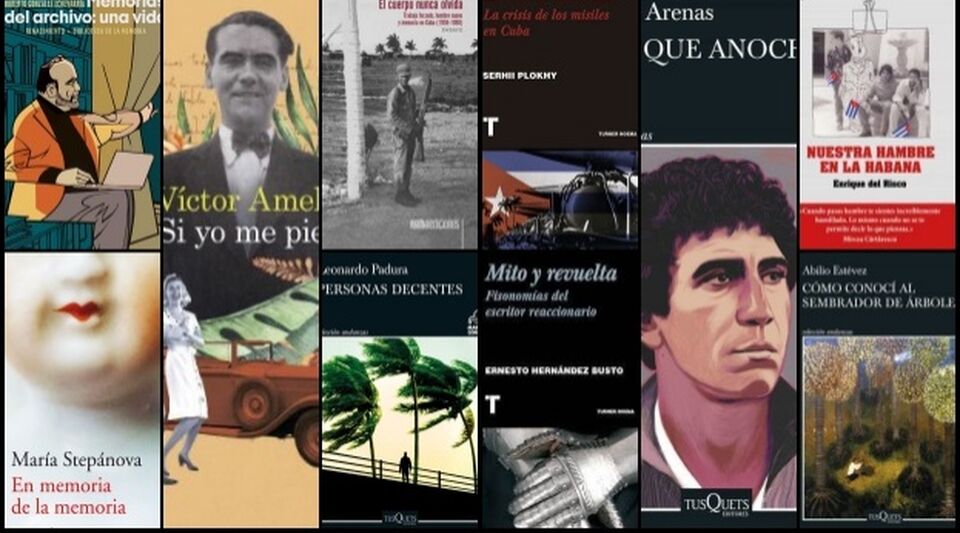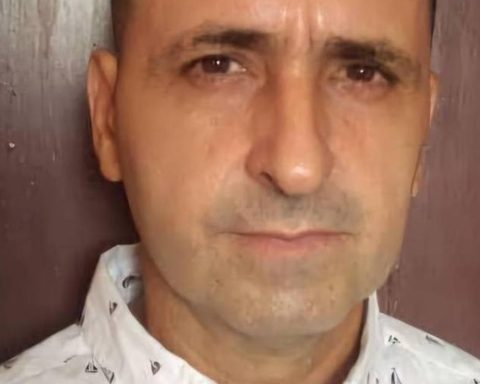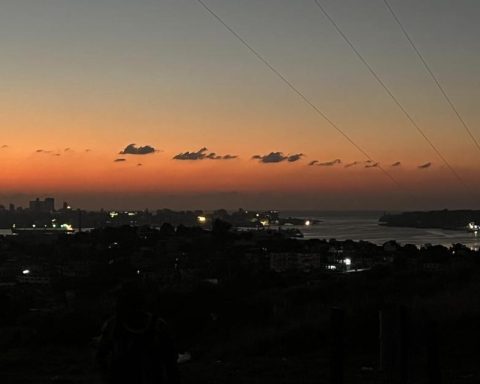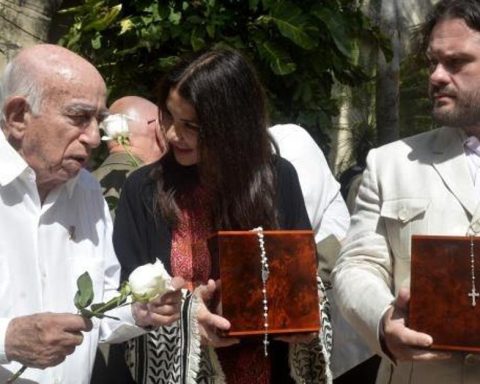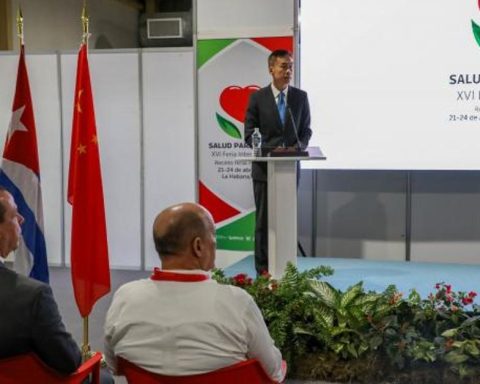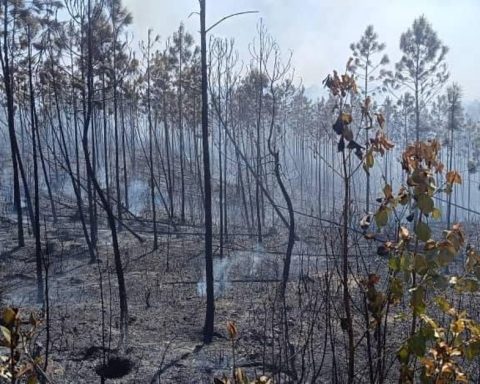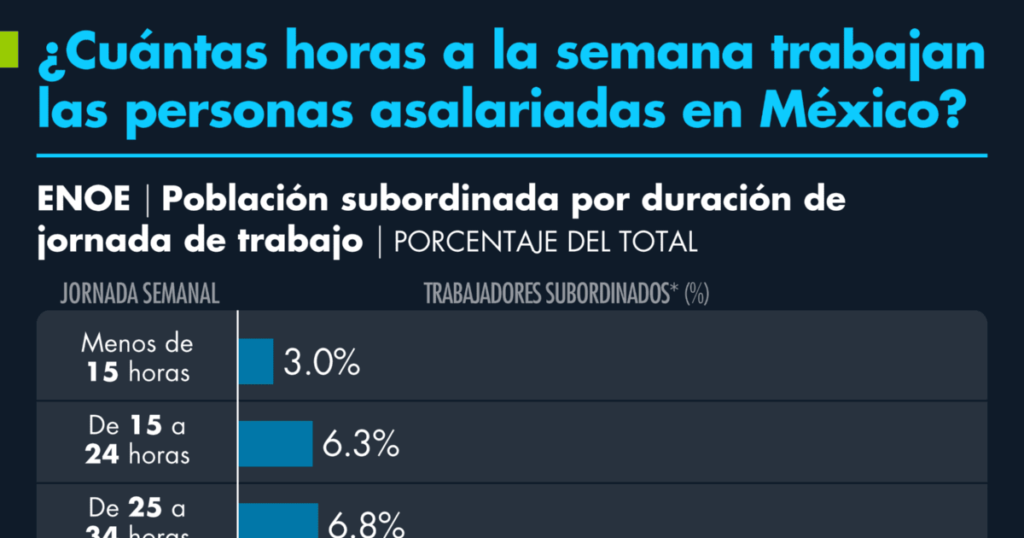The return of detective Mario Conde, the adventures of Federico García Lorca in Havana and a fast-paced essay on the concentration camps on the island marked the route of the Cuban book in 2022. 14ymedio proposes a recount of the best titles by authors residing inside and outside the country, published in a year that was characterized by the growing interest of international readers in Cuba, its situation and its history.
A new police novel by Leonardo Padura, decent people (Tusquets) was on the best-seller lists in Spain for several weeks. The uncertainty and tension of the thaw between Cuba and the United States is the scenario to which Mario Conde, the already aging ex-policeman from Padura, returns.
The same Catalan publishing house launched this December How I Met The Tree Planter, a collection of stories in which Abilio Estévez offers the “testimony of a failure”. The book, according to its editors, aims to “respond to the secret of a country in danger of extinction.”
The effort to retell the Island also encourages the characters in portraits on the shore (Artistas Martínez), by Daenerys Machado Vento, designated as one of the best young narrators in Spanish by the magazine granted. The pieces in this volume deal with reconstructing the stories of a generation –that of those born in the 1980s– dispersed in exile or stagnant in the country.
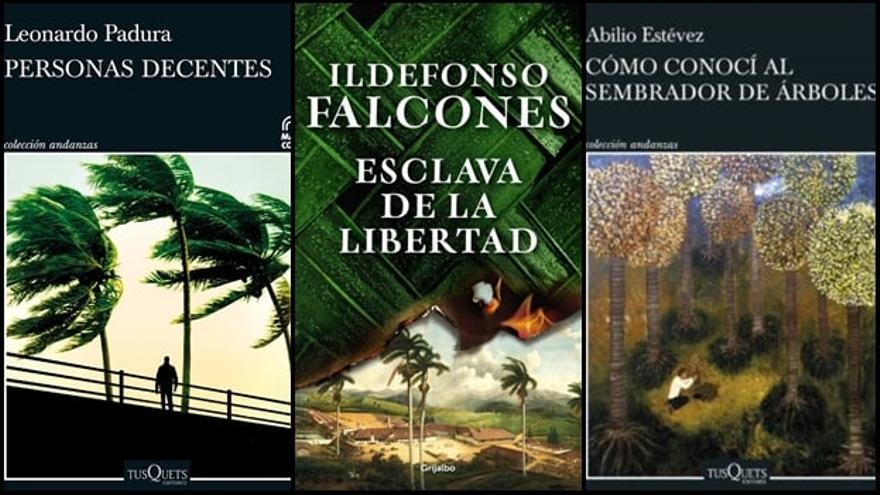
The panorama of the essay has been more fruitful than that of any other genre, headed without a doubt by the reissue of the formidable myth and revolt (Turner), by Ernesto Hernández Busto. Through nine portraits of authors as controversial as Ezra Pound, Vasili Rozánov or Louis-Ferdinand Céline, Hernández Busto delves into the territory of “reactionary” writers, considered cursed or controversial by critics.
Although published in 2021, this year readers were finally able to access The tree of revolutions (Turner), an essay by Rafael Rojas on the mapping of Latin American revolts and the influence of the Mexican and Cuban revolutions in the region.
In the body never forgets (Rialta), the Matanzas essayist Abel Sierra thoroughly exposes the horror of the Military Production Support Units (Umap) and their imprint on Cuban history. It is a “deep investigation” – according to Rojas – of one of the greatest “national traumas” after 1959.
Why didn’t Severo Sarduy return to Cuba? This is the question posed by the researcher Oneyda González in grim secret (Rialta), a sort of choral biography of this canonical author that reproduces the interviews conducted for the documentary of the same name released in 2016.
The essay panorama has been more fruitful than that of any other genre, headed without a doubt by the reissue of the formidable ‘Myth and revolt’ (Turner), by Ernesto Hernández Busto
eros and politics (Under the table), by Juan Abreu, passes the knife over the political and journalistic fauna of Spain, the country where he lives in exile, with devastating cartoons of figures such as José María Aznar, Isabel Díaz Ayuso, Pablo Echenique or Cayetana Álvarez de Toledo. Abreu’s prose blurs the border between the public and the private, and enriches the biography of those portrayed with his withering style. Hilarious and profound is also Nuestra hambre en La Habana, where Enrique del Risco –in the words of Yoani Sánchez– “crudely portrays the national obsession around the plate and casseroles”.
Resident in Rome since his youth, the teacher Alvar González-Palacios –a Rare avis in Cuban essays on art– published this year only shadows (Elba) a group of portraits of characters as diverse as Borges, Karen Blixen, Cavafis or María Félix.
The autobiography of academic Roberto González Echevarría, archive memories (Renaissance), addresses the vital trajectory of this Cuban professor at Yale University and his relationship with intellectuals such as Alejo Carpentier, Severo Sarduy and Harold Bloom.
The actor Alexis Valdés published, in the Vintage house, Fear made us strongabout the harshness of his childhood in Havana and the intimate reasons for his career.
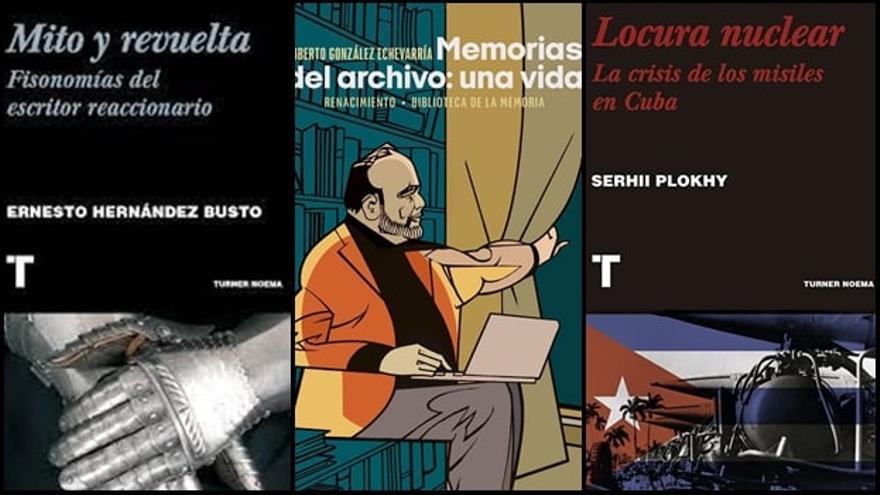
The thirty years of the publication of Before Night Falls (Tusquets), by Reinaldo Arenas, motivated the launch of a commemorative edition –with a new cover and revised text– of one of the most moving books of Cuban literature.
all paradise (Verbum) – a volume that brings together the novels paradise Y Oppiano Licario, by José Lezama Lima–, with a prologue by José Prats Sariol, is one of the major publishing companies this year. The book fulfills the Lezamian project of merging both stories as parts of the same story.
That same publishing house, based in Madrid, brings together All poetry (1994-2021) by the novelist Pedro Juan Gutiérrez, a text that is undoubtedly essential as a complement to the narrative work of the writer from Matanzas.
Among the foreign writers who dealt with the Cuban issue this year, it is worth mentioning Victor Amela from Barcelona, author of ‘If I lose myself’ (Destination), a novel about the days that Federico García Lorca spent on the island
During the Guadalajara Book Fair, the Anagrama publishing house announced that the Cuban Carlos Manuel Álvarez had won his Chronicle Award with the book intrudersa “mixture of report, testimony, profile and memory” about the “long quartering” of the San Isidro Movement in 2020.
Among the foreign writers who dealt with the Cuban issue this year, it is worth mentioning Victor Amela from Barcelona, author of if i get lost (Destiny), a novel about the days that Federico García Lorca spent on the Island. The author of Poet in New York He spent three months in Cuba in 1930, which he defined as “the happiest of my life.” Slave of freedom (Grijalbo), a historical novel by Idelfonso Falcones, reflects on the slave-owning phenomenon of the 19th century in Cuba and its returns in later times.
Cuban Privilege (Cambridge University Press) –on the foreign policy of the United States towards the Island–, by the academic Susan Eckstein, motivated a heated controversy during her presentation in Miami, in addition to several protests in the vicinity of the Florida International University, where she was debated by the politician Orlando Gutiérrez-Boronat.
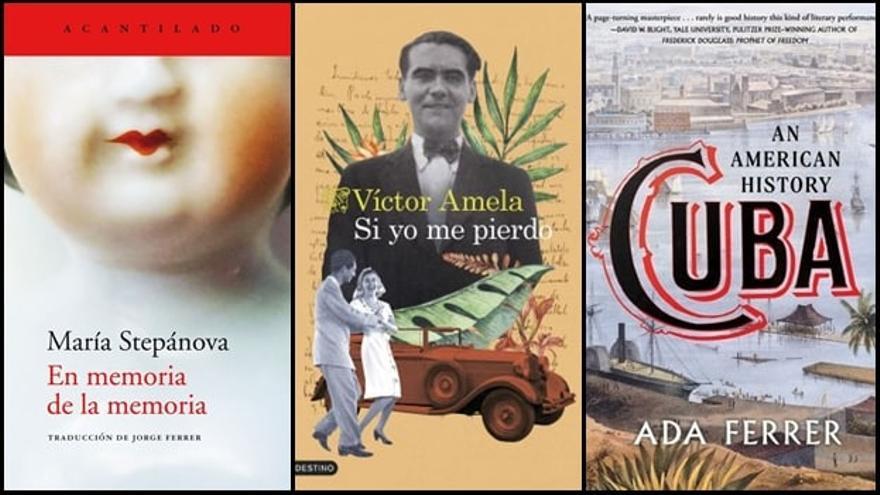
The academic reflection in the United States on the Island deserved the Pulitzer Prize with Cuba: An American Historyby Ada Ferrer, which also addresses the link between the two countries from the founding of their States to the successive thaws between Havana and Washington.
of the essay Nuclear Madness: The Cuban Missile Crisis (Turner), by historian Serhii Plokhy (he was born in Russia, grew up in Ukraine and now lives in the US), the Cuban Jorge Ferrer has written that it is not only “the most thorough study” of the war tension between Cuba, the US The US and the Soviet Union in 1962, but a kind of instruction manual “to negotiate on the edge of the cliff”.
Getting to know Russia better, the roots of its conflict with Ukraine and its relationship with the Island has motivated numerous approaches to the culture of that country. Jorge Ferrer himself translated this year, for the editorial Acantilado, the exceptional novel in memory of memoryby the writer Maria Stepanova, which explores “the trace of a life, the repository of a century of existence in Russia”.
________________________
Collaborate with our work:
The team of 14ymedio He is committed to doing serious journalism that reflects the reality of deep Cuba. Thank you for accompanying us on this long road. We invite you to continue supporting us, but this time becoming a member of our newspaper. Together we can continue transforming journalism in Cuba.
